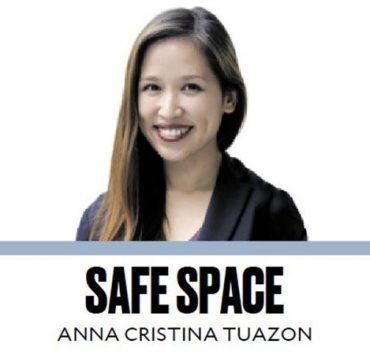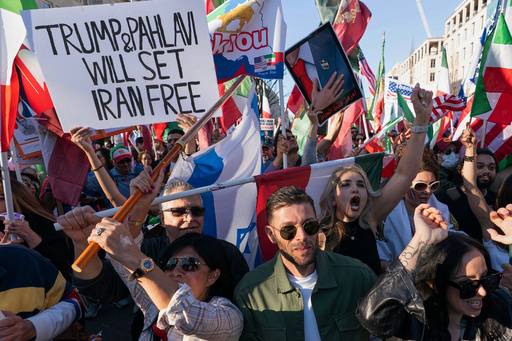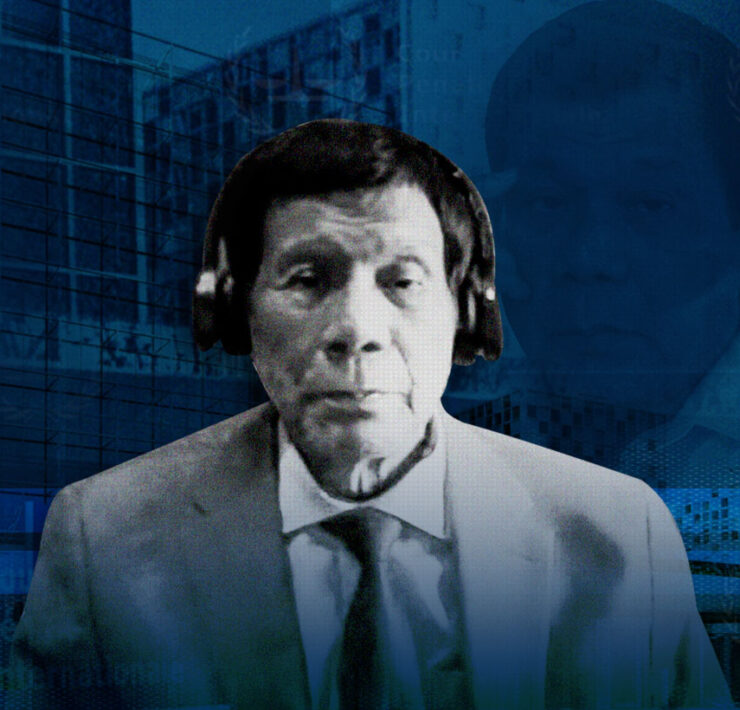A nation judged by its prisons

It is said that no one truly knows a nation until one has been inside its jails. A nation should not be judged by how it treats its highest citizens, but its lowest ones.”
Nelson Mandela uttered those words, and he went on to end apartheid in South Africa. Mandela spent 27 years in prison before becoming his nation’s president. I regard him as one of the most important leaders in contemporary world history. Mandela’s words were ringing in my head when I served as a resource person on the issue of jail decongestion in a forum sponsored by the Supreme Court as part of the Philippine Open Government Partnership event held last week.
Our country’s prison facilities, which operate at 375 percent overcapacity, are the third worst in the world after the Democratic Republic of Congo (600 percent) and Haiti (400 percent). Pictures abound showing INJUSTICE in overcrowded and squalid conditions of our jails and our detainees’ under-nourished and disease-plagued conditions. Accounts also abound baring INJUSTICE suffered by those forced to plead guilty simply because they want to be freed from jail on probation or so that they can be transferred to post-conviction prison facilities. In both situations, the ultimate intention is to avoid the subhuman conditions in our preconviction jails.
A staggering 88 percent of our detainees are in prison not because they’ve been convicted but because they’re still undergoing trial. So, only 12 percent of our prisoners are serving time because they’ve been found guilty and sentenced. Detainees in the preconviction stage consist of those who are (1) overstaying in jail beyond the prison penalty for the crime charged against them, (2) those who cannot afford to post bail, and (3) those charged with non-bailable offenses.
That we have detainees who overstay in prison is a grave human rights tragedy. This serious INJUSTICE is a function of multiple inadequacies—(a) inadequate legal knowledge by prisoners, (b) inadequate legal representation for these prisoners, and (c) inadequate monitoring and proactive action by government officials. The Supreme Court’s initiatives, led by Chief Justice Alexander Gesmundo, Justice Maria Filomena Singh, Justice Midas Marquez, and Court Administrator Raul Villanueva, to address the problem of overstaying detainees are laudable. The willingness of Bureau of Corrections head, Gen. Gregorio Catapang Jr., to face these issues is also commendable. However, more must be done because our government has the duty of extraordinary care to those deprived of liberty. Accountability should be considered for inaction, lethargy, and negligence.
Detainees who languish in jail because they can’t afford to post bail are victims of economic INJUSTICE. Poverty prevents these individuals from posting cash or surety bail in order to be free while undergoing trial. Our government must address this injustice by directing prosecutors and judges to be more open to non-cash alternatives for bail, like releasing defendants on their own recognizance or on community recognizance, among others.
The biggest factor causing jail congestion, however, is our attitude toward those charged with crimes involving illegal drugs. A whopping 70 percent of detainees in our jails are either accused or convicted of drug-related cases. The widespread view of our officials and society in general that drug users are automatically dangerous individuals, who need to be criminally charged as a first solution and detained (with stiff bail amounts) during their trials, should be thoroughly reviewed. A recalibrated policy on petty drug crimes, such as decriminalization and rehabilitation of petty drug use/users, will stem the influx of detainees in our jails.
Our justice system is replete with various forms of injustice experienced by detainees undergoing trial even while they have not been convicted of any crime. Instead of being treated and cared for as citizens presumed to be innocent, many of our detainees are subjected to treatment worse than the experience of those already convicted and sentenced.
Lastly, it should be mentioned that our prison conditions produce a “criminogenic environment,” where our penal system and prison conditions cause further criminal behavior in our detainees and our society at large. The justice department estimated in 2016 that the New Bilibid Prison—which houses 14,000 prisoners in cells designed to hold 6,000 people—is where 75 percent of the drug trade is actually conducted in our country. Interior Secretary Jonvic Remulla admitted in November 2024 that the “number one source” of the drug trade remains in the New Bilibid Prison. Thus, efforts to curb the drug trade through imprisonment have simply fed and maintained the problem through the previous eight years.
A day before the event where I spoke, I went jogging in a public park in Makati City. There were people in the park lounging around with their pet dogs. Some dogs were wearing diapers, a few had shoes on, and quite a number were in baby strollers. In our blessed country, there are animals living as humans, and humans living as animals.
—————-
Comments to fleamarketofideas@gmail.com




















